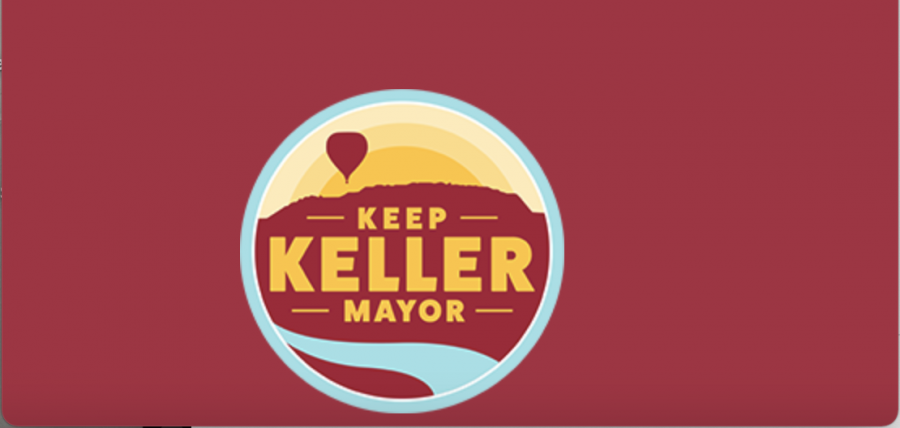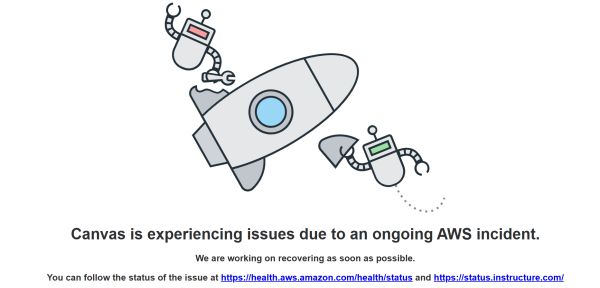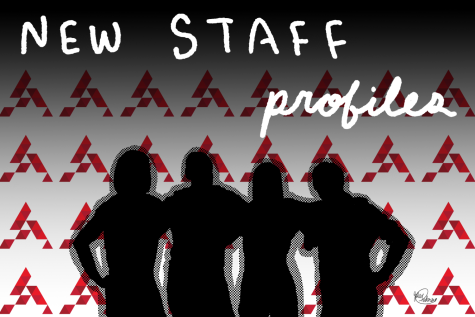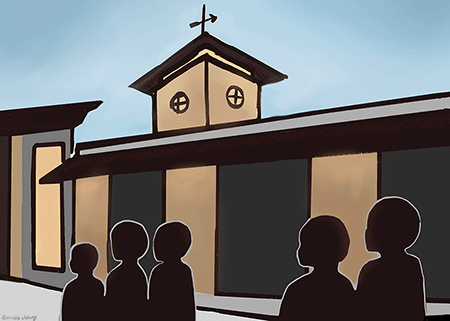Keller Remains Mayor and Stop the Stadium is Triumphant
ABQ Voters decide to keep the incumbent Democrat, meanwhile rejecting his highly touted NM United Stadium project.
On November 2, Albuquerque citizens had a choice for who’d lead the city as mayor – incumbent candidate Tim Keller, Bernalillo County Sheriff Manny Gonzales, and radio station owner Eddy Aragon. Keller ran for his second term on his record of reducing crime and on his leadership during the COVID-19 pandemic. Keller won with 56.1% of the vote. Gonzales came in a distant second at 25.5% and Aragon trailed Gonzales, getting 18.4%. Also on the ballot was a bond question asking voters to approve money for the construction of a new stadium for the state’s minor league soccer team, New Mexico United, a priority for Keller who claimed it’d bring economic growth and job creation to the city. Voters resoundingly rejected funding the stadium, with only 35% of voters approving the bond measure.
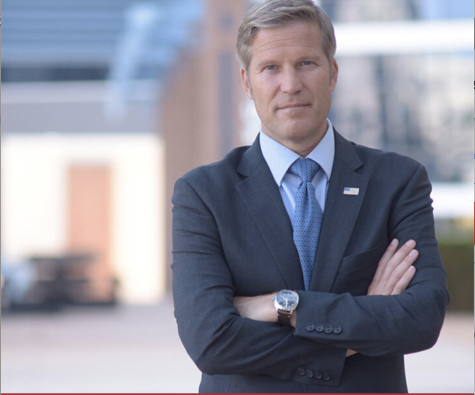
Election Day came amidst a flurry of allegations between all three mayoral candidates. Gonzales ran as a conservative alternative to Keller and claimed he would be tough on crime, citing his experience as Bernalillo County Sheriff. He was initially criticized for not reducing crime rates in his jurisdiction, the county’s unincorporated areas. Gonzales was also criticized for his refusal to put body cameras on his deputies, saying the media would use the footage from the cameras to criticize officers. He was denied the option to publicly finance his campaign due to allegations that he had committed voter fraud by forging voters’ signatures who didn’t donate to his campaign. Gonzales called the decision a “baseless publicity stunt” and proceeded to privately finance his campaign.
Keller was approved for public financing, but was attacked on his inability to control crime in the city, with both of his competitors pointing to the record number of homicides committed this year. He ran on his record of fighting crime and his leadership during the pandemic, saying he led one of the first cities to begin free COVID-19 testing, created emergency grants for small businesses, and kept people employed by creating construction projects. Aragon also claimed that, under Keller’s watch, economic activity slowed and the city was relying too heavily on federal COVID-19 relief money. He was also criticized on the city’s rising homeless population, with Gonzales saying Keller “invested in homelessness” and believed Keller’s idea of housing the homeless in hotels may invite more displaced people and increase crime.
Aragon was not spared from criticism either. A petition was started to remove him from the ballot after some claimed that he had filed his paperwork incorrectly, saying the home address listed on his application – the address of his radio station complex – was zoned in an area for businesses only, and was not a residential area. Aragon claimed his address was correctly listed and that residential use was permitted in the building listed. He also was the subject of some controversy for saying he was going to be Albuquerque’s first Black mayor because he was 4.6% Black.
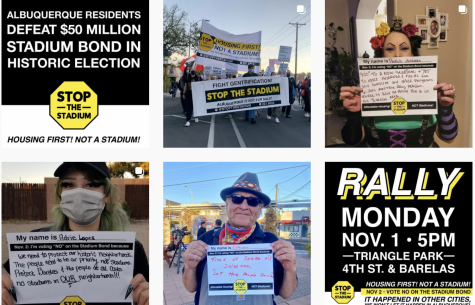
Finally, on the ballot was the $50 million bond measure to fund the construction of New Mexico United’s soccer stadium. Keller said the stadium would be a long-term investment in the city. Voters were bombarded with ads for and against the stadium. The group against the measure, Stop the Stadium, believed that the money allocated could be better used for housing and that the stadium would increase housing prices. NM United For All, on the other hand, touted that the stadium would create more construction jobs and money for small businesses. The team also believed that having a new stadium could open the door for a professional women’s soccer team. In the end, voters didn’t back the measure.
The contentious race for mayor ended with a comfortable win for incumbent Mayor Tim Keller, and Stop the Stadium ultimately took advantage of voters who were wary about funding the new stadium. The decision left many wondering what will happen next. Mayor Keller will certainly have something to say about that – and all the other issues – in the city of Albuquerque.
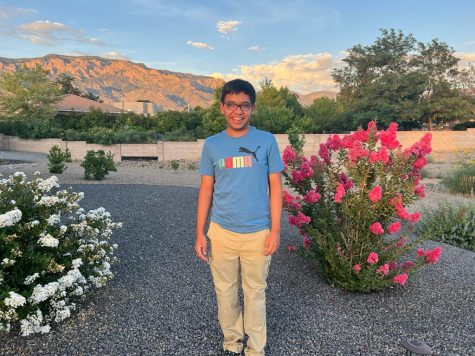
Uzair Hammad '24 has been a writer and editor for The Advocate for four years, finally ascending to the fabled position of editor-in-chief. In his free...


